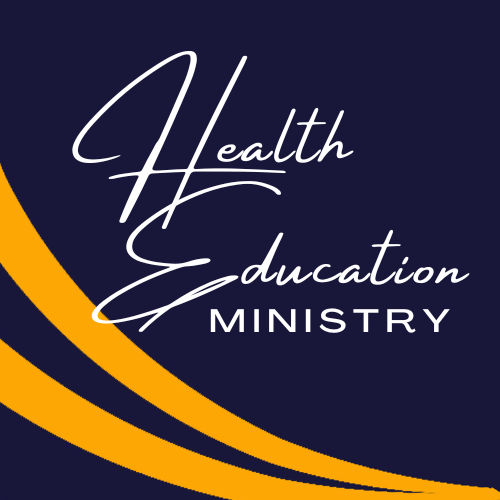National Immunization Awareness Month is an annual observance held in August to highlight the importance of vaccination for people of all ages. Together, we can help raise awareness about the importance of vaccination and encourage people to talk to a healthcare provider they trust about staying up to date on their vaccinations.
Every year in the United States, many people get diseases that vaccines can prevent. Healthy People 2030 focuses on preventing infectious diseases by increasing vaccination rates.
Infants and children need to get vaccinated to prevent diseases like hepatitis, measles, and pertussis. Though most children get recommended vaccines, some U.S. communities have low vaccination coverage that puts them at risk for outbreaks. Strategies to make sure more children get vaccinated — like requiring vaccination for children who are in school — are key to reducing rates of infectious diseases.
If you are age 50 years or older:
- Get a shingles vaccine. Shingles causes a painful rash that can last for months. If you are age 60 years or older.
- Talk to your doctor about getting an RSV vaccine. RSV (respiratory syncytial virus) infections are usually mild but can be serious for some people. If you are age 65 years or older.
- Get a pneumococcal vaccine. Pneumococcal disease can include pneumonia, meningitis, and blood infections.
It is also important for all adults to:
- Get a flu vaccineevery year. The seasonal flu vaccine is the best way to protect yourself and others from the flu.
- Get the Tdap vaccineto protect against tetanus, diphtheria, and whooping cough (pertussis). Everyone needs to get the Tdap vaccine at least once.
- After you get a Tdap vaccine, get a Td vaccineevery 10 years to keep you protected from tetanus and diphtheria.
- Get a COVID-19 vaccineto protect yourself and others from COVID-19.
Ask your doctor, nurse, or pharmacist about other vaccines you may need to stay healthy.


